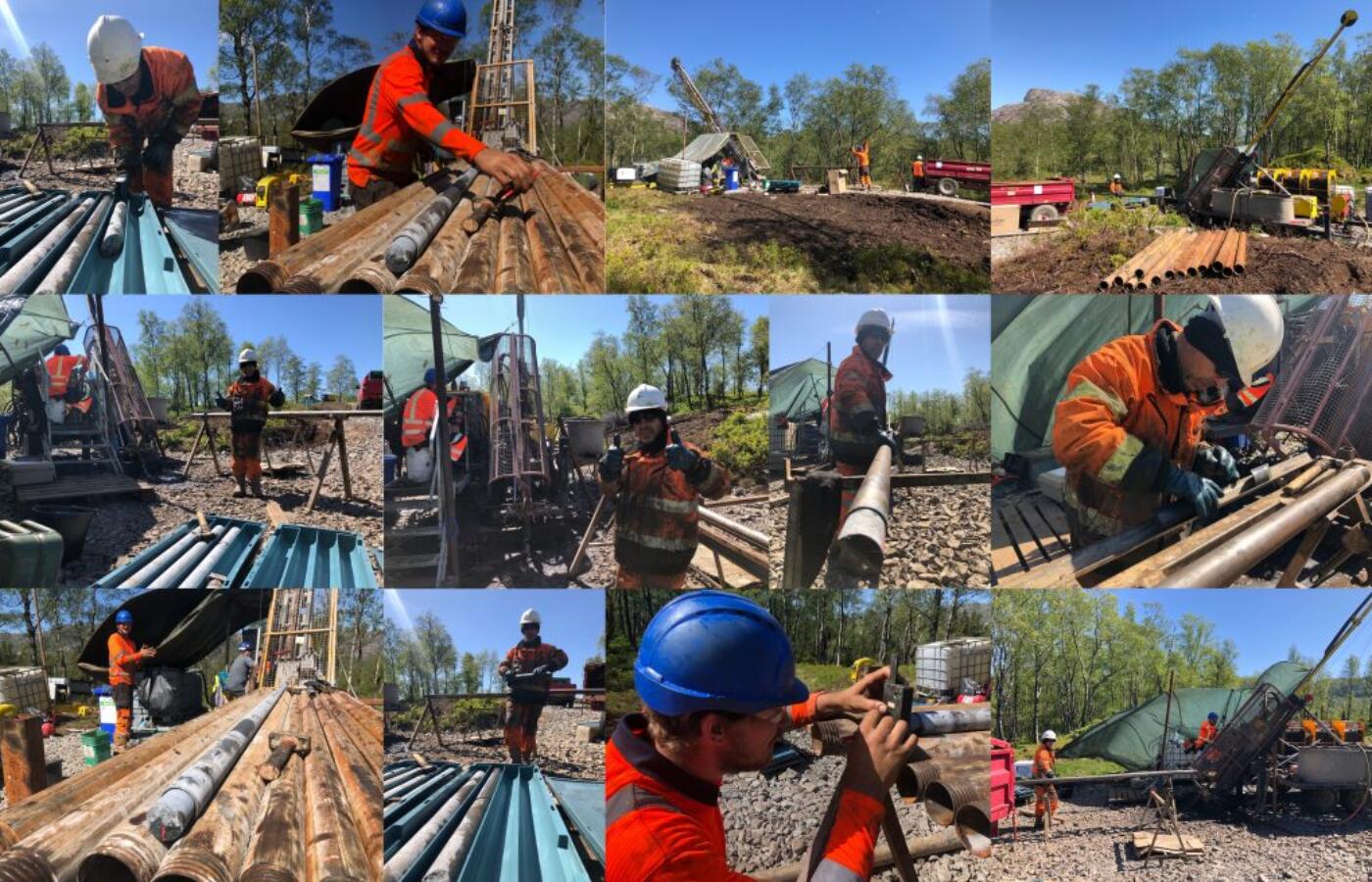Norway has discovered massive phosphate deposits that could ensure the continuous operation of solar power and electric cars for the next 50 years. Norge Mining, the company responsible for the discovery, claims to have found 77 billion tons of phosphate rock in southwestern Norway.
The founder of Norge Mining believes that this discovery could meet global demand for fertilizers and electric vehicles for the next half-century. Phosphate rock is crucial for producing phosphorous, an essential ingredient in fertilizers and various products like animal feed and lithium-iron-phosphate batteries used in solar energy systems and electric cars.
This find is significant, as it surpasses all other known sources in Europe and could provide autonomy and mitigate risks related to food security and fertilizer prices. Additionally, the site also contains substantial deposits of titanium and vanadium. The minerals at the site fall under the EU’s Critical Raw Materials Act and an American strategic-minerals scheme.
On the subject, Michael Wurmser, the co-CEO of Norge Mining, told The Economist last month that the company’s upcoming mines will be more environmentally-friendly compared to existing ones. Phosphate rock found in Africa is sedimentary and contains numerous pollutants, while the deposits in Norway and the Kola Peninsula are igneous and considerably purer. Nevertheless, Norge Mining intends to capture and store the carbon emissions generated by its operations.
Source: BUSINESS INSIDER INDIA
Image of drilling at the Bjerkreim project in southern Norway in 2020: Norge Mining

